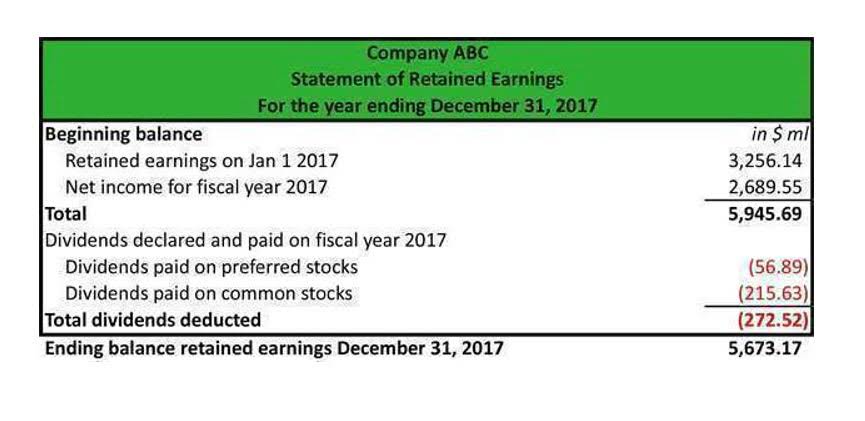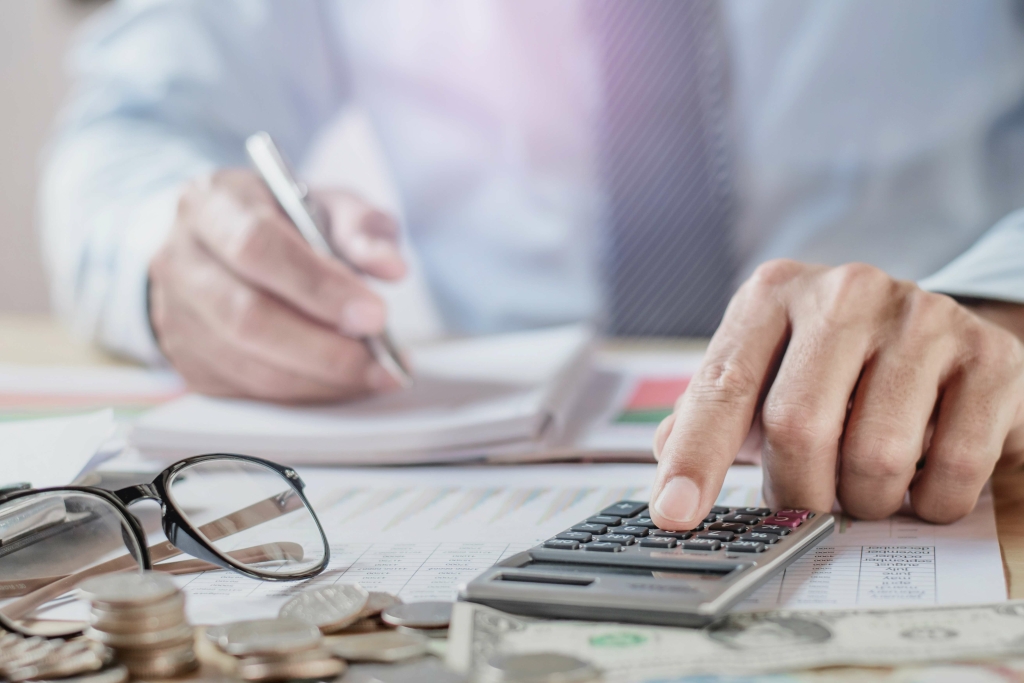
They know accounting principles, auditing procedures, tax laws, corporate governance rules, ethical codes of conduct, investigative techniques, computer forensics tools, and other specialized topics related to their field. Forensic accountants help identify discrepancies in financial records that may point to fraudulent activities or other illegal behavior. They also provide litigation support services, such as analyzing documents for accuracy forensic accounting defined and relevance during the discovery process of civil litigation proceedings. Finally, they can be called upon to assist with dispute resolution matters such as mediation or arbitration. The role of a forensic accountant is to investigate financial crimes and provide critical evidence in civil proceedings. They work closely with law enforcement and lawyers during investigations and are often called upon as expert witnesses in court trials.
Additionally, this type of investigation can also be useful in assisting in the design and implementation of internal controls for businesses. With global fraud losses estimated at 5 trillion annually, the need for reliable forensic accounting services is on the rise. Additionally, they may work on a contract or permanent basis and typically charge lower fees than traditional accounting firms due to their efficient communication skills and lack of conflict with businesses. The primary goal of forensic accounting is to uncover evidence that can be used in legal proceedings. Forensic accountants may be asked to investigate a range of financial crimes, including fraud, embezzlement, money laundering, and bribery.
Forensic Accounting: What It Is, How It’s Used
If businesses declare bankruptcy when they are incapable of paying back loans, forensic accountants assist creditors in recovering what they are owed. They do this by investigating activities like the secrecy of assets, confidentially exchanging and transferring property under the market value, and others. They may work on a single case or be part of a team that investigates multiple cases at the same time.

For example, working on a personal divorce versus the Enron scandal would be vastly different. To become a forensic accountant, you’ll also need to develop various workplace skills to handle data and present findings. Forensic accounting is a rapidly growing field that offers many opportunities for those with the right skills and forensic accounting education.
What is Forensic Accounting?
Financial accounting, with its focus on tracking, recording, and reporting financial transactions, forms the backbone of this process. It adheres to the Generally Accepted Accounting Principles (GAAP), which are standardized guidelines set by the Financial Accounting Standards Board (FASB) to ensure consistency and transparency in financial reporting. And huge court cases such as Deutsche Bank AG v Sebastian Holdings, Inc, and the SAAD Group failure will be remembered for their sheer complexity and size. Most of these matters involved Grant Thornton forensic accountants supporting the investigation, delivering evidence into Court and gathering and collating digital information.
- The Certified Fraud Examiner (CFE) credential is a specialized forensic accounting certificate provided by the Association of Certified Fraud Examiners (ACFE).
- In this case, a Forensic Accountant could also be the expert witness testimony on how the Fraud is committed, who committed the Fraud, and the amount of loss.
- Upholding independence enhances the credibility of their findings and fosters trust in their professional judgment.
- These people have special skills in accounting and investigation and independence from all parties so that the report will be more reliable and have no objection from all the parties.
- This decision is vitally important for a small business, as the right accounting method can streamline financial management, improve decision-making, and contribute to the overall success and sustainability of your business.
It can be used to investigate financial crimes such as fraud or money laundering and requires careful analysis of financial records. Forensic accountants use various techniques to identify anomalies in the data that may be indicative of criminal activity, such as quantifying the data or analyzing personal characteristics related to the individuals involved. Additionally, they may employ analytical methods like Benford’s law which allows them to predict patterns in data that may be predictive of misconduct.
Study financial documents for accuracy
They can witness areas like profit and loss, Fraud, patent and copyright, breach of contract, and many others. Because forensic accountants are independent experts, they are preparing the expert report, but they also could be the witness used by the court. As the world drills deeper specialist bunkers, the ability of the forensic accountant to bridge sectors and work with different professionals and subject matter experts (SMEs) will never be more greatly valued. From the moment accounting was invented so developed the need for auditors to review and check accounts. The advent of limited liability companies following the establishment of the Limited Liability Act in the UK in 1855 increased business risk, and the need for auditors yet further.
As you pursue a career in forensic accounting, you’ll need to do a few things to get started. The primary objective of an audit is to provide an opinion on the financial statements, highlighting any material misstatements or weaknesses in internal controls. However, the evidence found by forensic accounting could be used by the court as expert evidence. For example, the FBI also has a forensic accounting team to work for them in investigating any accounting-related matter.